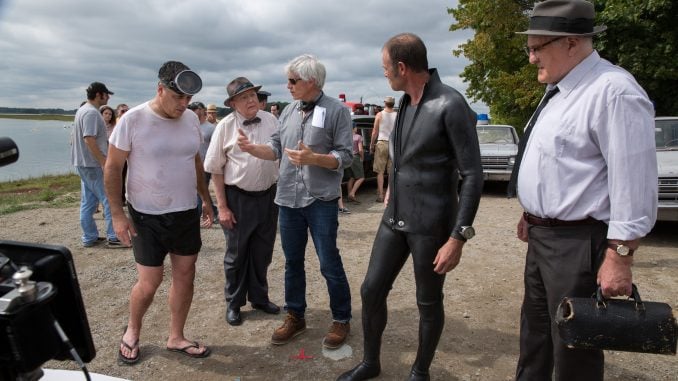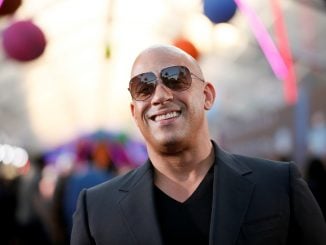
WASHINGTON, D.C. — John Curran’s “Chappaquiddick,” which opens in theaters this weekend, is a dramatization of what happened late one night in 1969 when Sen. Edward Kennedy (D-Mass.) drove his car off a narrow bridge on Martha’s Vineyard, killing the passenger he was riding with, Mary Jo Kopechne.
Kennedy survived, but waited nine hours to report it to authorities, while the story of Kopechne, who had been a campaign worker on Robert Kennedy’s presidential campaign, were often in the backdrop in the scandal that lingered for decades later.
Curran says that his movie is a “very nuanced and very compelling and very balanced” look at what happened, with key details based largely on the inquest that followed.
He defends the movie against criticism from some of Kennedy’s friends and from literary agent Esther Newberg, who complained to People that when she read the screenplay, she saw “one thing made up after another.” Newberg was among the group of RFK campaign workers, known as the “boiler room girls,” who had gathered for a house party reunion earlier that evening along with Kopechne and Kennedy.
“Really, Ted and Mary Jo are the only people who really know what happened on the bridge that night,” Curran tells Variety’s “PopPolitics” on SiriusXM. “The people like Esther, they have stuck to the inquest testimony, and we drew all of our information from the inquest, from their words.
He said that there are liberties with the dialog, like in any historical movie, but “in terms of the facts of the case and the decisions that were made by the boiler room girls, the brain trust around Ted, they are inarguable.”
Kennedy is played by Jason Clarke and Kopechne by Kate Mara, and the movie was shot in part at the actual location, Curran says.
He said that they “probably stretched the truth the most” regarding the relationship between Kennedy and his father, Joseph Kennedy Sr. (Bruce Dern), who was then incapacitated by a stroke. In the movie, Kennedy Sr. communicates his displeasure with the way his son has handled the tragedy and urges him to pursue an “alibi.”
“He probably could say one word, and I believe it was ‘No,’” Curran said. But the movie reflects the expectations that the Kennedy patriarch placed on his sons even later in his life, Curran said. Kennedy Sr. died in 1969.
“I am a fan of Ted’s,” Curran said. “My generation, in terms of political titans, I believe he was on the right side of history, and I agree with a lot of the legislation he championed. But I realized I had a blind spot about this episode of his life.”
He said that it was a good time to tell the story because “history repeats itself. We are reaching that divisive point where people will support their party’s representatives and be completely blind to the deficiencies of those people.”
He added, “I think it is very relevant. I think it is another example of the corruption of power and using it to sort of Band-Aid over character flaws of a presidential candidate.”



